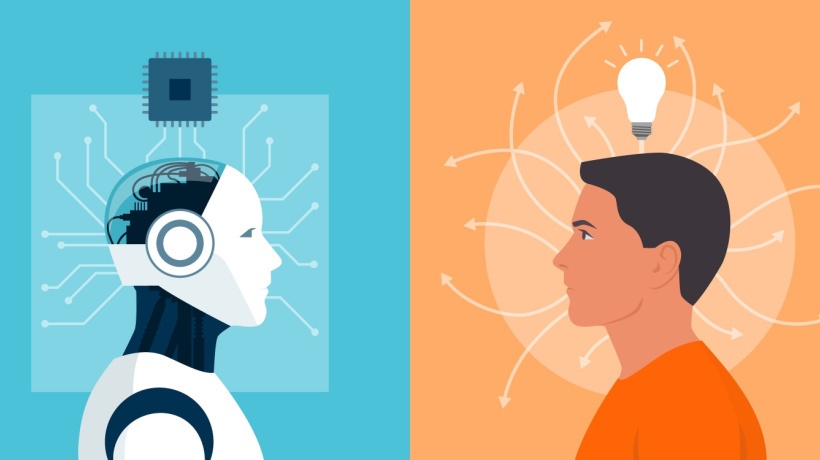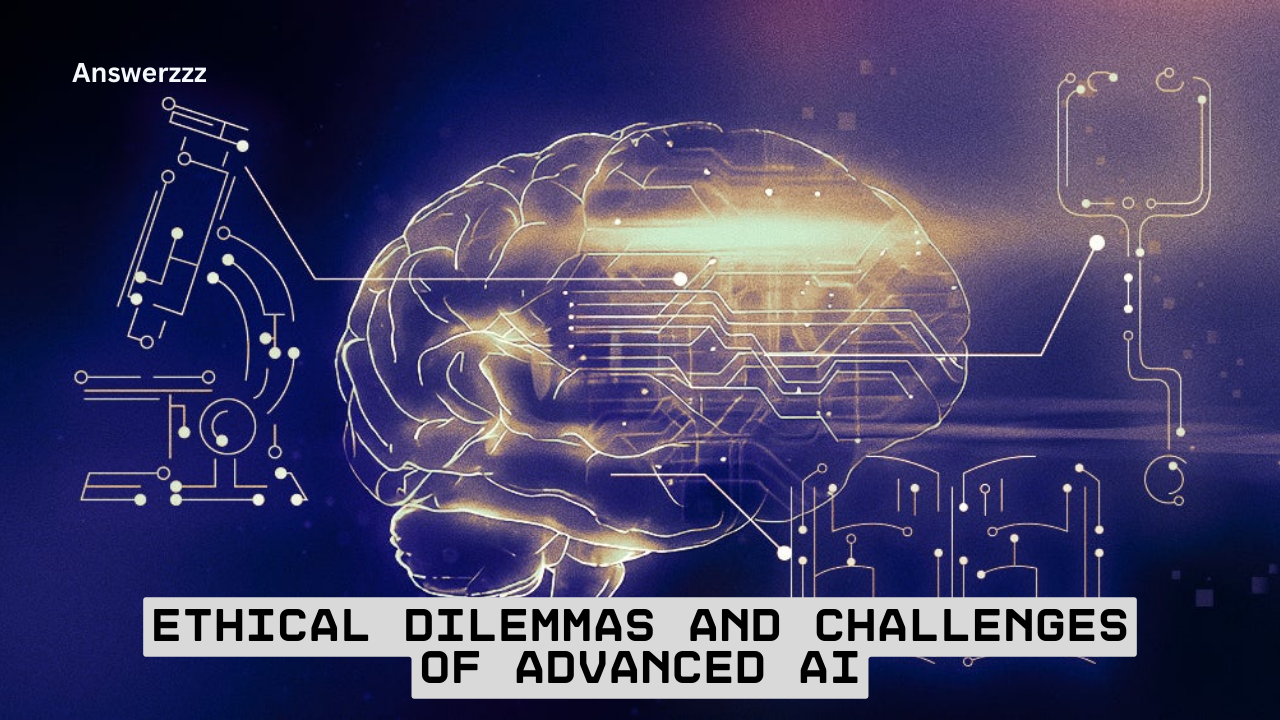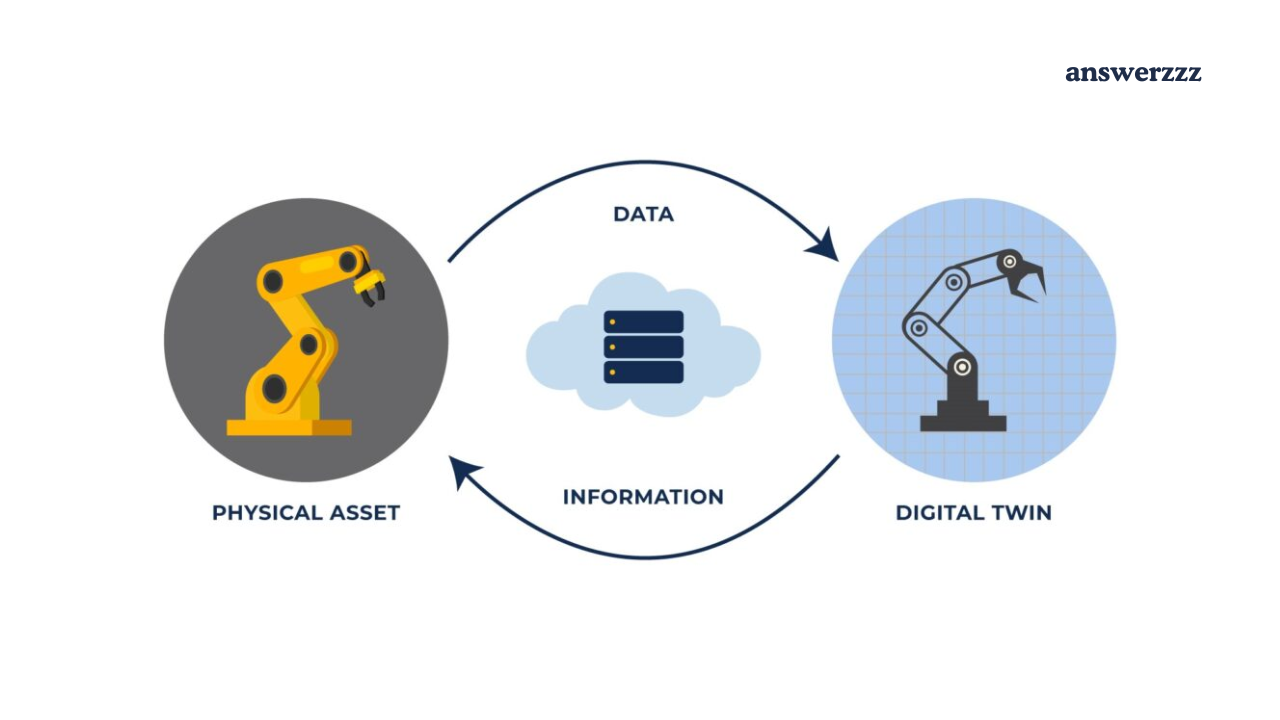As artificial intelligence (AI) technology continues to advance at an unprecedented pace, it brings along a myriad of ethical dilemmas and challenges that demand critical examination. From algorithmic bias to issues surrounding privacy, autonomy, and accountability, the ethical landscape of advanced AI is complex and multifaceted. This article explores these dilemmas and challenges, aiming to foster a deeper understanding of the implications of integrating AI into our society.
Understanding Advanced AI
Advanced AI refers to systems capable of performing tasks that typically require human intelligence, including reasoning, learning, problem-solving, perception, and language understanding. These systems can process vast amounts of data, recognize patterns, and make decisions at speeds far beyond human capabilities. With applications spanning various sectors—such as healthcare, finance, law enforcement, and education—advanced AI has the potential to revolutionize industries. However, this transformation is not without its ethical considerations.

1. Algorithmic Bias
One of the most pressing ethical challenges in advanced AI is algorithmic bias. This occurs when AI systems exhibit prejudiced behaviour due to biased data or design flaws. If the training data used to develop an AI model contains historical biases, the resulting algorithms may perpetuate or even exacerbate these biases in real-world applications.
Case Study: Predictive Policing
A notable example is predictive policing software, which analyzes crime data to predict where future crimes are likely to occur. If historical data reflects systemic biases—such as over-policing in certain neighbourhoods—the AI system may disproportionately target those areas, leading to racial profiling and unjust law enforcement practices. This raises fundamental questions about fairness and equity in the application of AI technologies.
Mitigating Bias
To address algorithmic bias, organizations must adopt best practices in data collection, model training, and testing. This includes ensuring diversity in training datasets, implementing bias detection tools, and engaging multidisciplinary teams to evaluate the ethical implications of AI systems.
2. Privacy Concerns
The deployment of advanced AI often involves the collection and analysis of vast amounts of personal data. This raises significant privacy concerns, particularly when individuals are unaware of how their data is being used or when consent is not obtained.
Surveillance and Data Collection
For instance, AI-driven surveillance systems can track individuals’ movements and behaviours in real time, leading to potential violations of privacy rights. In many cases, the data collected may be used without individuals’ explicit consent, blurring the lines between safety and surveillance.
Cybersecurity in 2025: Preparing for New Threats in an Increasingly Digital World
Balancing Security and Privacy
Finding a balance between the benefits of AI in enhancing security and protecting individual privacy is essential. Policymakers must develop clear regulations governing data collection and usage, ensuring that individuals’ rights are respected while allowing for innovation in AI technology.
3. Autonomy and Decision-Making
As AI systems become increasingly capable of making decisions, concerns about autonomy arise. The delegation of critical decisions to AI—such as in autonomous vehicles or healthcare diagnostics—challenges the concept of human agency and responsibility.
Ethical Implications of AI Decision-Making
In situations where AI makes life-and-death decisions, such as triaging patients in a healthcare setting, ethical dilemmas emerge. Who is accountable if an AI system makes a flawed decision? Should we trust machines with such significant responsibilities? These questions require careful consideration, as the implications of AI-driven decision-making can have profound consequences.
The Role of Human Oversight
To address concerns about autonomy, it is crucial to establish frameworks for human oversight in AI decision-making processes. This could involve requiring human intervention in critical decisions or creating systems that allow for appeals against AI-generated outcomes.
4. Accountability and Transparency
The complexity of advanced AI systems often leads to challenges in accountability and transparency. When AI algorithms operate as “black boxes,” their decision-making processes can become opaque, making it difficult to determine who is responsible for outcomes—especially in cases of harm or injustice.
The Challenge of Explainability
AI explainability refers to the ability to understand and interpret how an AI system arrives at its conclusions. Lack of explainability can hinder trust in AI technologies and prevent stakeholders from understanding the reasoning behind critical decisions. For example, in judicial settings where AI algorithms assess the risk of reoffending, the lack of transparency can undermine defendants’ rights.
Promoting Transparency
To enhance accountability, organizations must prioritize transparency in AI development. This involves documenting the data and algorithms used, implementing explainable AI techniques, and establishing mechanisms for public scrutiny of AI systems. Engaging with communities affected by AI decisions can also foster trust and promote ethical standards.
5. Job Displacement and Economic Impact
The rise of advanced AI technologies raises concerns about job displacement and economic inequality. As AI systems automate tasks traditionally performed by humans, there is a risk of significant job loss across various sectors.
Healthcare in 2025: The Role of AI, VR, and Robotics in Patient Care
The Future of Work
The World Economic Forum estimates that millions of jobs could be displaced by automation in the coming years, while new job categories may emerge. However, the transition may not be smooth, with vulnerable populations facing the greatest challenges. This can exacerbate existing inequalities and lead to social unrest.
Solutions for Economic Transition
To mitigate the economic impact of AI, stakeholders must prioritize workforce retraining and reskilling initiatives. Policymakers, businesses, and educational institutions should collaborate to create pathways for workers to transition into new roles that leverage human skills in conjunction with AI technologies.
6. Ethical Use of AI in Warfare
The use of advanced AI in military applications raises profound ethical dilemmas. Autonomous weapons systems capable of making lethal decisions without human intervention challenge existing norms surrounding warfare and accountability.
The Risks of Autonomous Weapons
Autonomous weapons can operate with little to no human oversight, leading to concerns about their potential for misuse and the risk of unintended consequences. The decision to use lethal force should remain a human prerogative, as it carries significant moral implications.
Advocacy for International Regulations
To address the ethical challenges posed by AI in warfare, advocates call for international regulations that govern the development and use of autonomous weapons. This includes defining clear accountability measures and establishing guidelines that prioritize human oversight in military operations.
7. The Role of Regulation and Policy
Given the multifaceted ethical dilemmas associated with advanced AI, effective regulation and policy frameworks are essential to ensure responsible development and deployment.

Current Regulatory Landscape
While some countries have begun to develop AI regulations, there is still a lack of comprehensive global standards. The European Union, for example, has proposed a regulatory framework aimed at ensuring ethical AI use, but implementation remains a challenge.
Future Directions for Regulation
Policymakers must engage with technologists, ethicists, and the public to create balanced regulations that promote innovation while safeguarding individual rights and societal values. Establishing international collaborations can also facilitate the development of cohesive standards that transcend borders.
As advanced AI continues to reshape our world, the ethical dilemmas and challenges it presents cannot be ignored. Addressing issues such as algorithmic bias, privacy concerns, autonomy, accountability, job displacement, and the ethical use of AI in warfare requires a collaborative approach involving technologists, policymakers, ethicists, and the broader public.
By fostering open dialogues, promoting transparency, and developing robust regulatory frameworks, society can navigate the complex landscape of advanced AI. Ultimately, the goal should be to harness the transformative potential of AI while ensuring that it serves the greater good, upholding ethical standards and protecting individual rights.
How Blockchain Will Transform Industries Beyond Cryptocurrency
In embracing this challenge, we can work toward a future where advanced AI technologies enhance human life, promote equity, and uphold the values that define our society.




